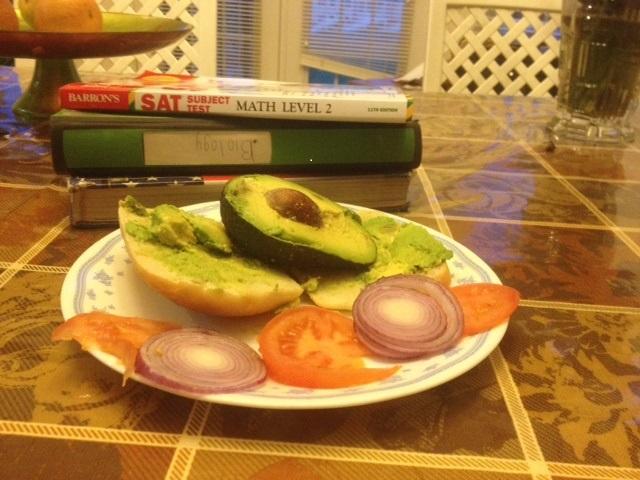Trouble studying? Follow these tips to better study habits
May 26, 2015
Final exams are coming up and students are preparing for the tremendous amount of studying that is soon to come. Here are some ways to change your study methods for a more effective study session.
- Thinking out Loud
According to the National Center for Biotechnology Information, saying information aloud stores it in the brain better than just reading it.
Although this may not apply to all subjects, repeating material out loud is a great way to memorize things. If speaking aloud isn’t convenient for you, writing out handwritten notes accumulates information more effectively than simply reading it. Copying old notes can help refresh the material and keep you organized.
- Hear, don’t read
After reading the textbook for a couple hours the information begins to repeat itself. Downloading audible material and listening to it on the go or during free time can provide an alternative to reading and can give your eyes a break. “Crash Course” is a convenient video site to go to for specific topics and subjects.
- Work Out
Take a break from studying and go for a jog or any alternative physical exercise. According to a study from MENSA, adults’ brain-processing speed improved after half an hour of moderate exercise. Just half an hour can build brain power, fulfill your daily fitness and get your blood pumping for study time.
“Exercise increases blood flow which in itself improves the concentration,” Child and Adolescent Psychiatrist Dr. Rajendra Lowtan said.
- Eat a Snack while Studying
Found in fish, nuts and olive oil, Omega-3 and Omega-6 fatty acids are known for their brain-boosting potential. A quick snack can include an avocado with toast along with nuts. The nuts and olive oil offer some Omega-3 while avocado offers protein and potassium. Potassium helps send oxygen to the brain along with healthy fats. An avocados has twice the amount of potassium as a banana.
- Change Location
By changing your study location, the information you study is more likely to be retained.
“What happens is that you can have a different association based on your environment that connects to various emotions, which can then lead to improved memory,” Lowtan said.
- Stay Hydrated
Staying hydrated is extremely important while studying.
According to a study done by University of East London Research Psychologist Caroline Edmonds, drinking water can improve the brain’s ability to complete tasks that require a rapid response. During intense studying, hydration is often forgotten about, but in order to maintain a healthy brain and body system, water is key.
- Break it Up
This might be the simplest study tip, but it is the most important. When it comes to studying, you should choose quality over quantity. Maintaining focus for one hour is more effective than studying for four hours and constantly dealing with distractions. So do yourself a favor and get off Twitter, Instagram and Facebook. Also, make sure not to procrastinate. Separate the material over periods of time instead of trying to review everything at once.
Although exams are just around the corner, these study tips can equip you with efficient ways to get all the information in time.


